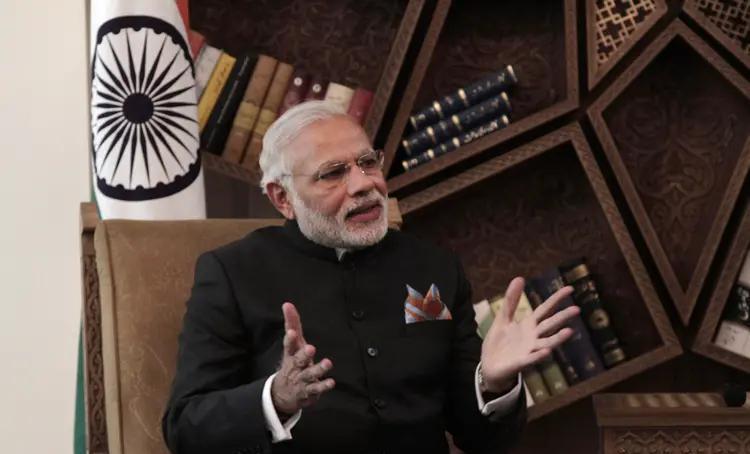Recently, when the Russian military is advancing military operations against Ukraine, the Western media and politicians have continuously spread various unfavorable news against Russia in an attempt to smear Russia. In addition, Western media politicians are also exerting pressure on China, India and other countries in an attempt to coerce other people's will and force other governments to choose sides in the Russian-Ukrainian conflict. However, Indian netizens directly smashed the Western plan, and woke up with tweets about "I stand Putin" on India's hot search.

Indian netizens rushed out
As we all know, India is a large developing country with a certain degree of influence, but this country is one of the few countries that can be on good terms with both the United States and Russia. Since the conflict, the United States has been communicating with India, hoping that India can condemn Russia. However, this time, the Modi government is very wise, has always been reluctant to let go of the outside world, and is determined to maintain a neutral position in the Russian-Ukrainian conflict. In addition, some Indian netizens are also very "powerful".
At present, social platforms such as Twitter and Facebook are controlled by Western countries, so Western countries can manipulate public opinion through these social platforms, but they did not expect that the plans of Western countries have hit a wall here in Indian netizens. Since the outbreak of the Russian-Ukrainian conflict, Twitter has tried to ban Russian accounts and try to prevent some information favorable to Russia from appearing in the eyes of users, but Indian netizens have been able to successfully break through the restrictions of Twitter policy and successively publish information favorable to Russia on Twitter, which has aroused widespread concern in the international community.
Indian netizens are very active
Some analysts pointed out that Indian netizens can publish "pro-Russian" tweets on some Western social platforms mainly and for the following reasons. First, Indian netizens are able to use English proficiently. Although Indian English has a unique accent over the years, Indian internet users are able to communicate fluently with users from other countries in written language. The expression of Indian netizens is very similar to that of netizens in countries such as the United Kingdom and the United States, which makes it impossible for some social platforms to distinguish the messages of Indian netizens.
Second, Western social platforms seem to be more friendly to Indian IP. In recent years, due to the lack of harmonious relations between China and the United States, Western social platforms have often banned Chinese IP in an attempt to block Chinese users from spreading information favorable to China, but Western social platforms have not given Indian IP the same treatment. Some analysts believe that this situation is mainly due to the fact that the leaders and some staff of many Western social platforms are Indian-American.
In addition, in recent years, Indian netizens have often been active on Western social platforms. After years of hard work by Indian netizens, Indian netizens have long become an indispensable part of the Western social platform community. In the end, with the advantages of all aspects, Indian netizens became a "pro-Russian force" that could not be ignored on social platforms, which dealt a heavy blow to the morale of Ukrainian soldiers.